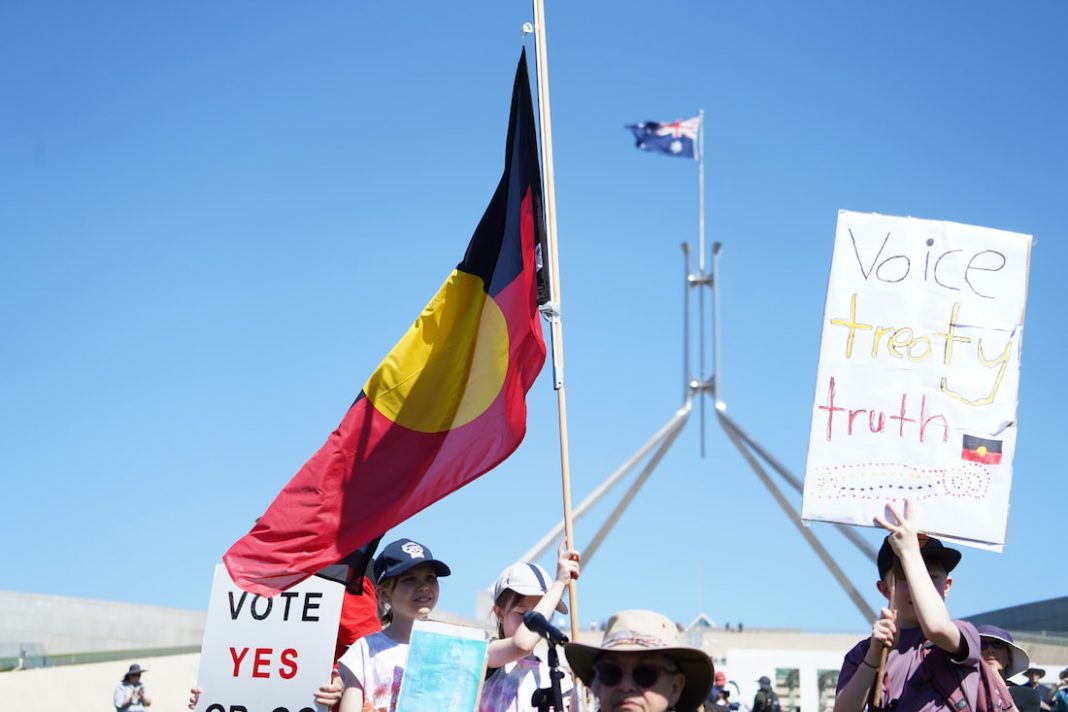Voters are being urged to check their enrolment ahead of the referendum, as the prime minister laments misinformation over the Indigenous voice.
Monday is the last day people can enrol or update their details to vote in the October 14 referendum.
Australian Electoral Commissioner Tom Rogers said since the announcement of the vote, more than 240,000 enrolment transactions had been submitted or 15,000 a day.
“Don’t delay – if you do, you could be one of the very few eligible people out there not ready to vote in the first referendum in nearly a quarter of a century,” Mr Rogers said.
There are more than 17.5 million people on the electoral roll, with at least 97.5 per cent of eligible Australians registered.
The deadline comes as Anthony Albanese warned there was a “lot of misinformation” about the referendum, but the vote itself was straightforward.
“(It) won’t change most people’s lives directly, but what it might just do is change Indigenous lives for the better,” he told 2SER Radio on Monday.
“It’ll be like the apology to stolen generations, or like marriage equality – where once it happened, all of the fear campaigns just melted away into nothing because they weren’t based in fact.
“No country was ever changed for the better through a fear campaign.”
ACT Aboriginal and Torres Strait Islander Affairs Minister Rachel Stephen-Smith said the change meant recognising 65,000 years of history and making a joint commitment to close the gap.
She said colonisation and intergenerational trauma were still largely felt by Australia’s First Nations people.
Her comments were at odds with those by prominent ‘no’ campaigners Warren Mundine and Jacinta Nampijinpa Price, who have questioned the ongoing effects of colonisation.
Mr Mundine pointed to himself and academic and activist Marcia Langton as examples of Indigenous people who were able to succeed.
But the ACT minister said the evidence said otherwise.
“When you look at the impacts of the stolen generation, the intergenerational impact of that, the science on that is clear,” Ms Stephen-Smith said.
“So sure, some Aboriginal and Torres Strait Islander people are doing very well in today’s modern Australia, but we all know what those gaps look like in health, in education, in employment, in housing.”
By Dominic Giannini and Tess Ikonomou in Canberra



